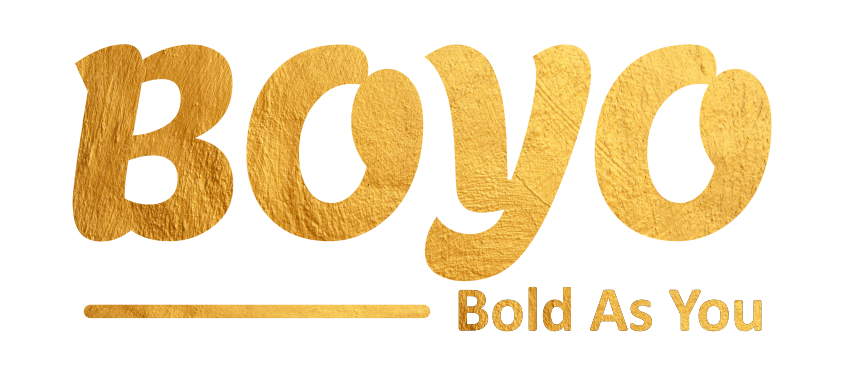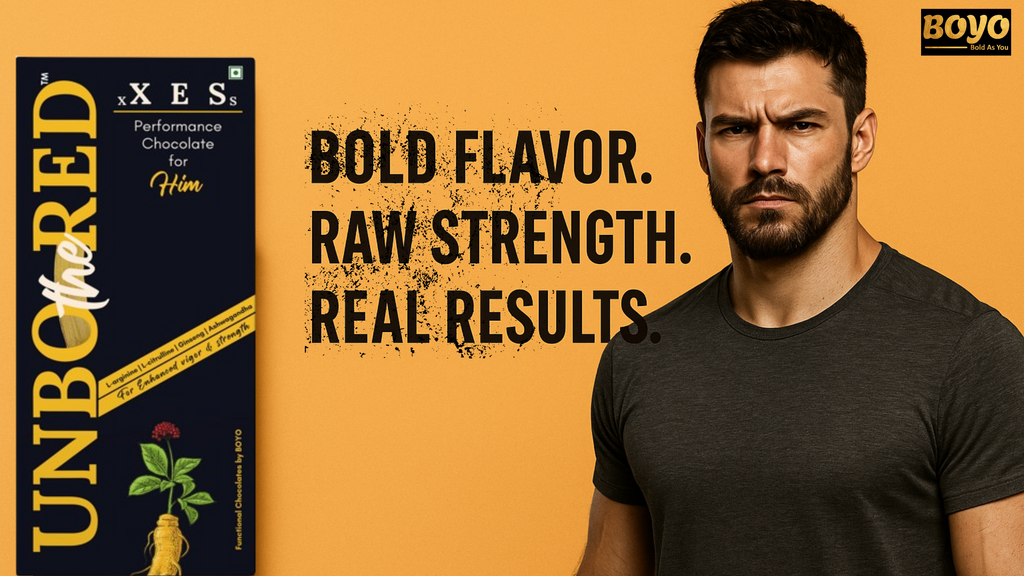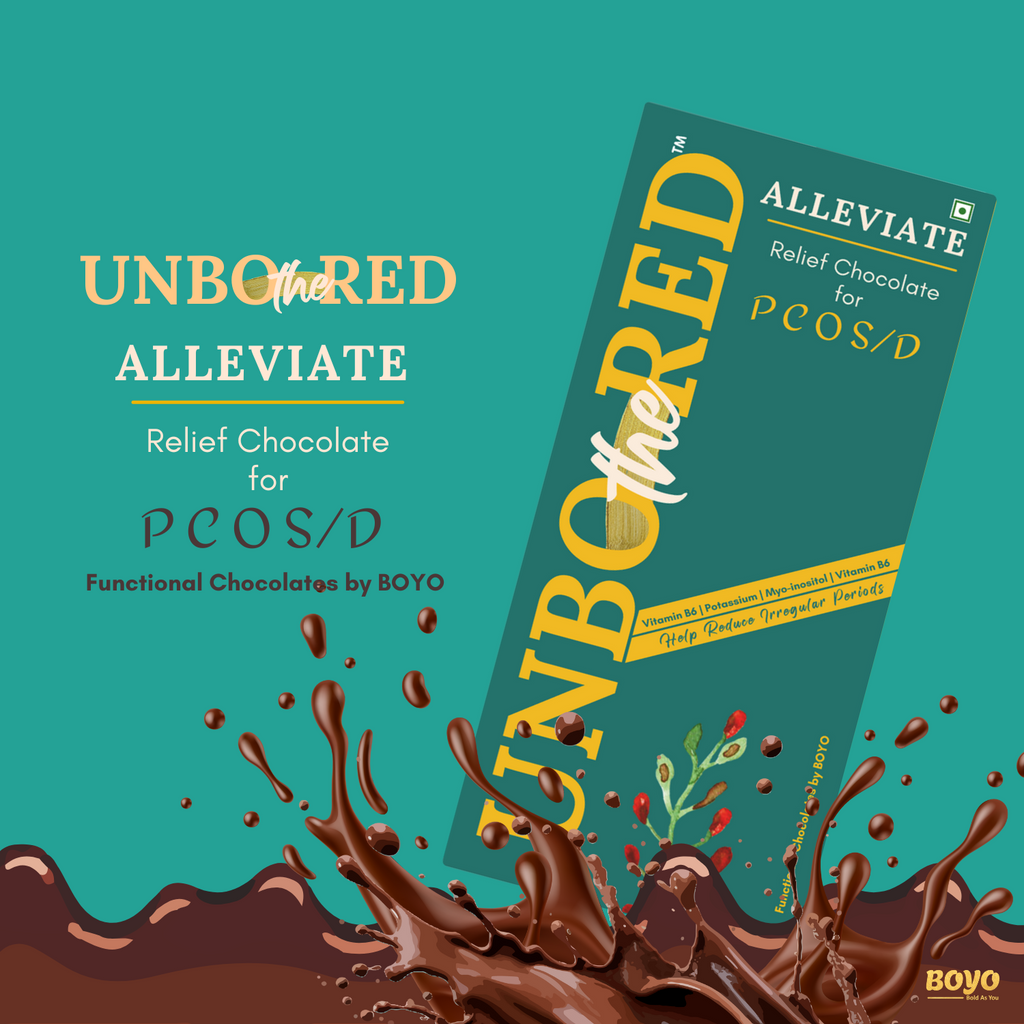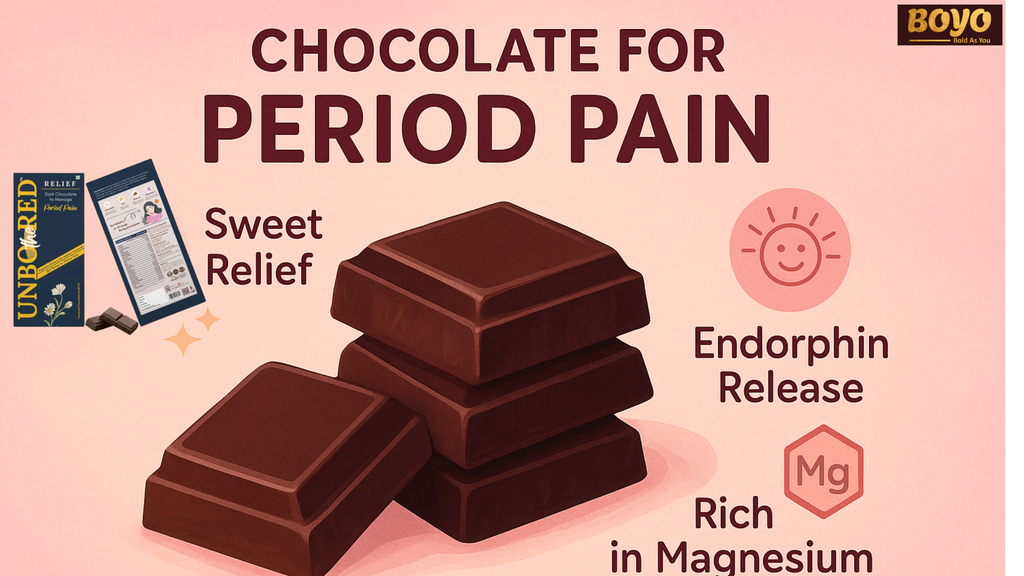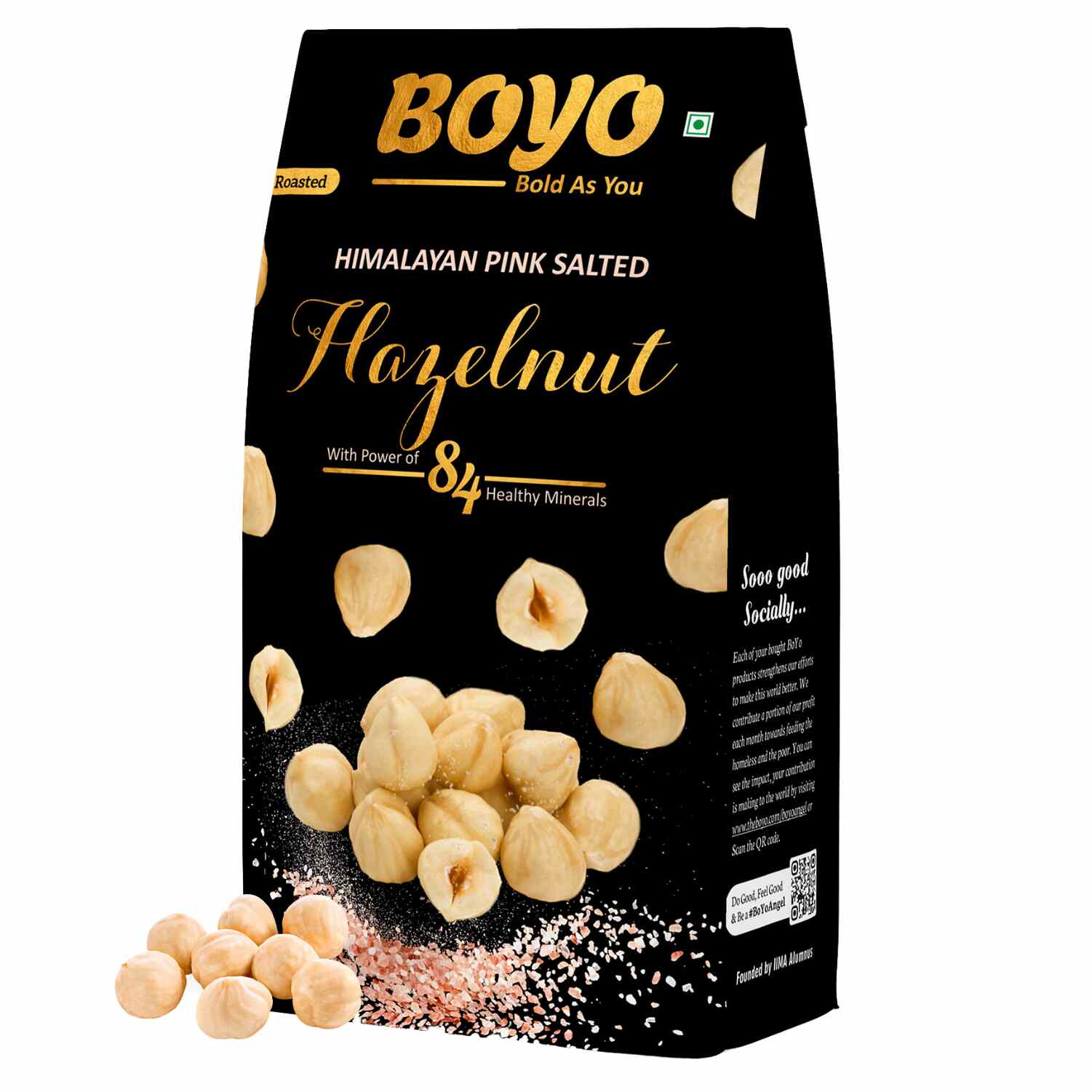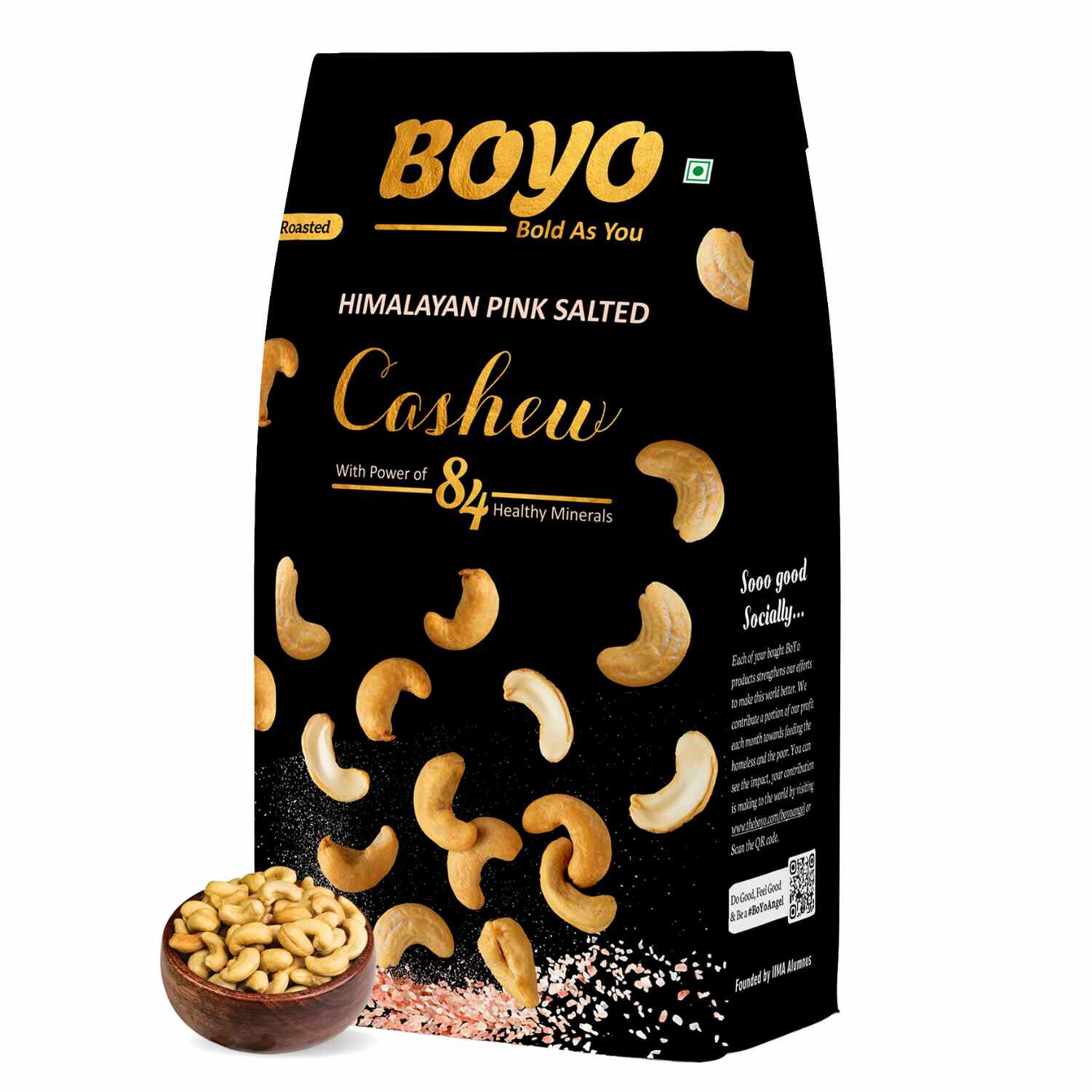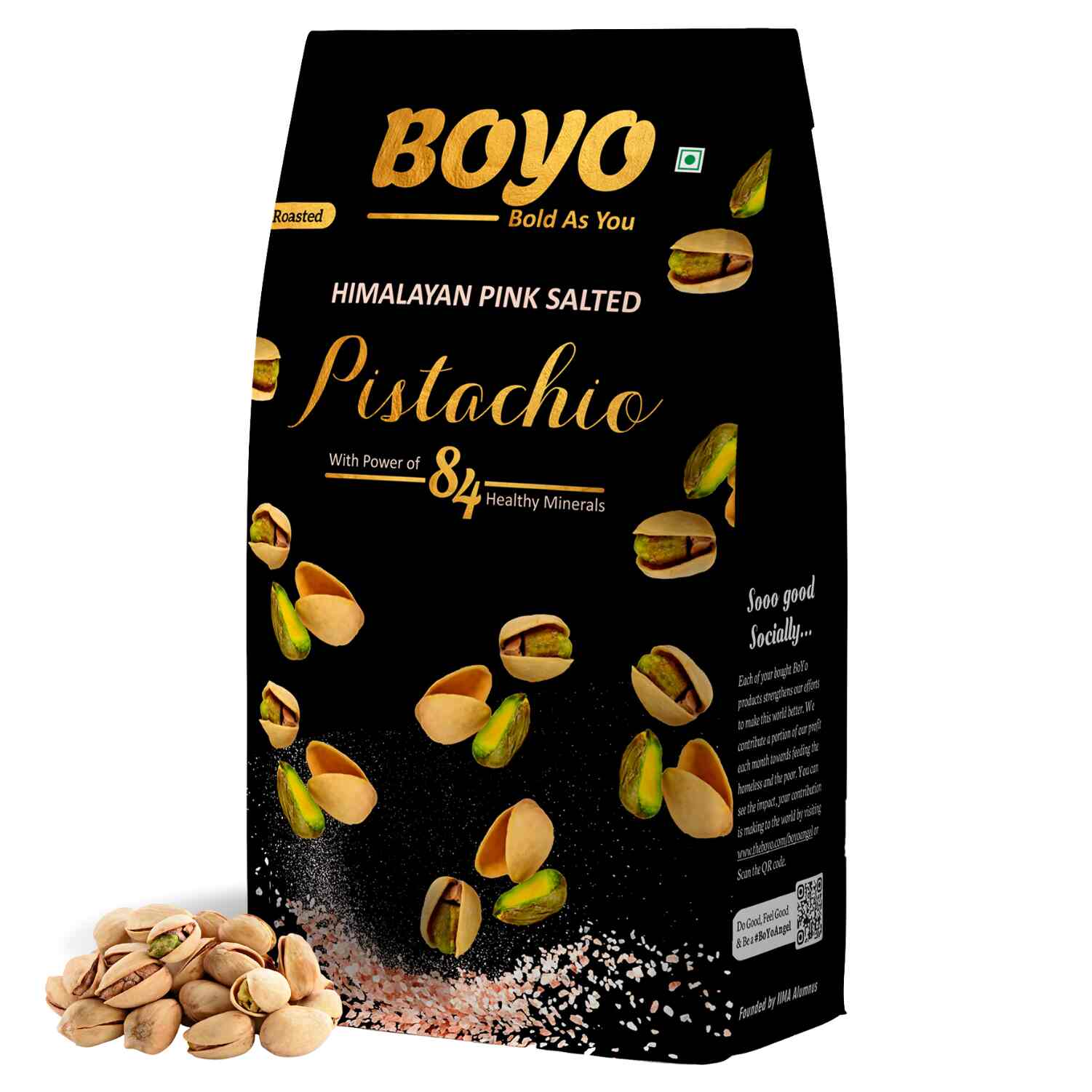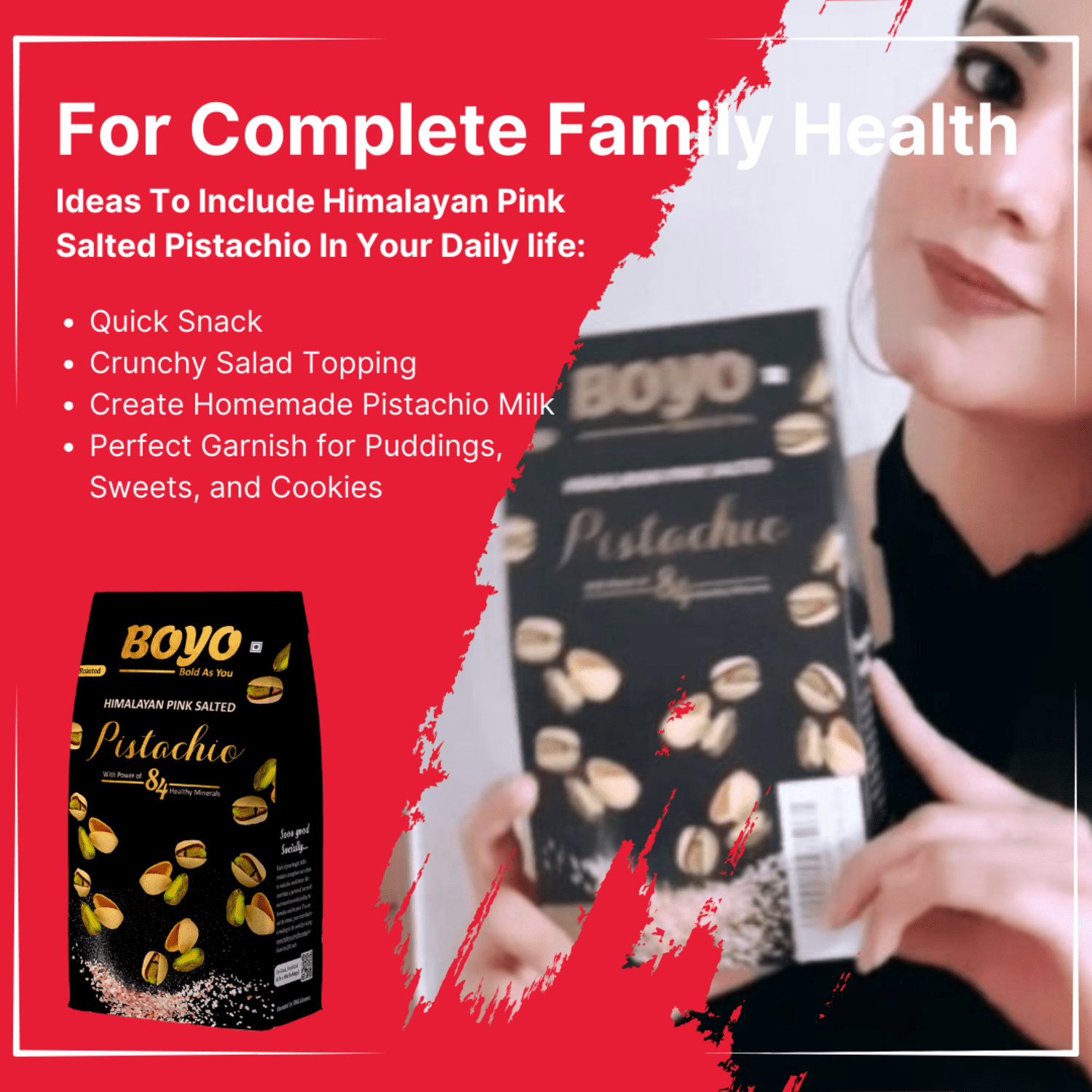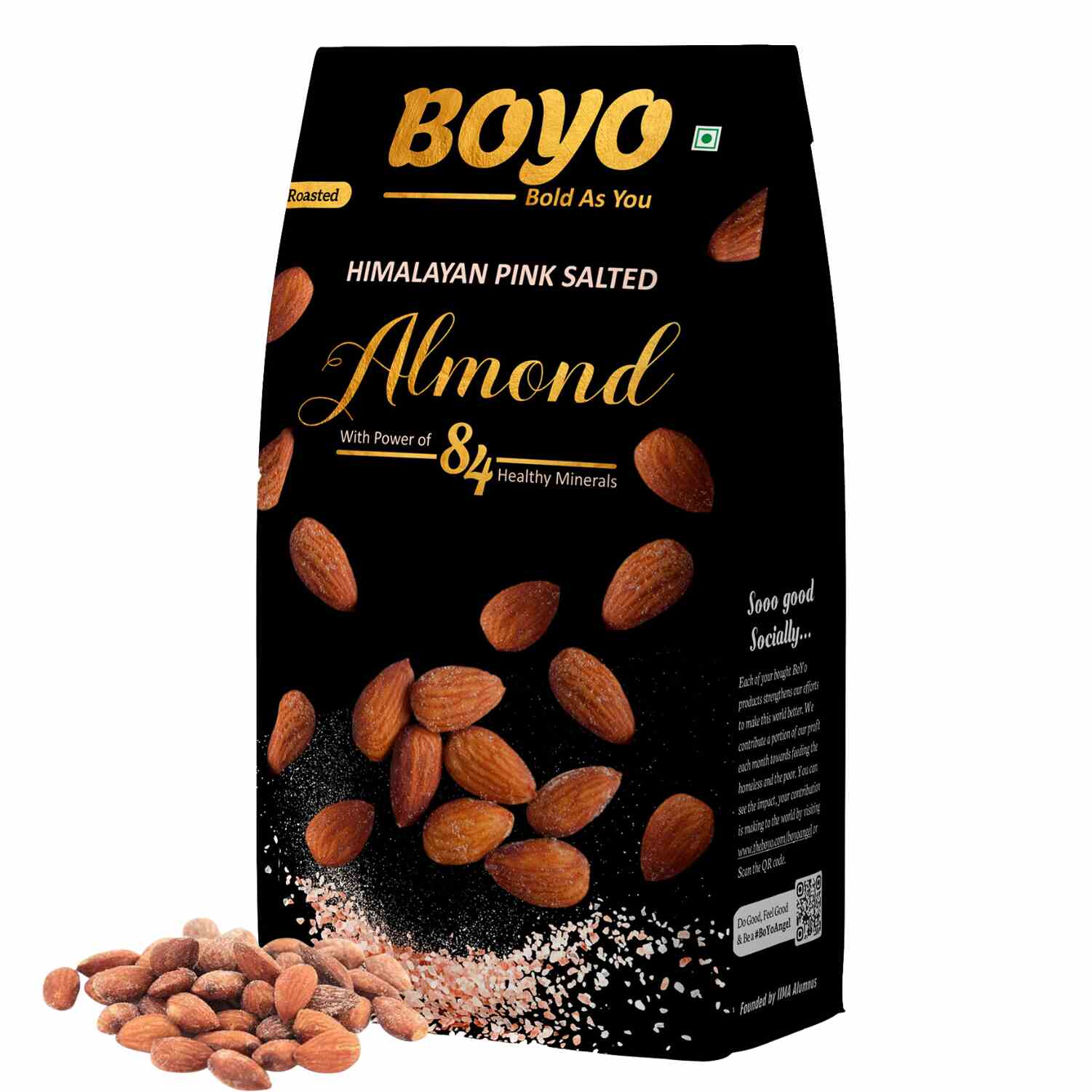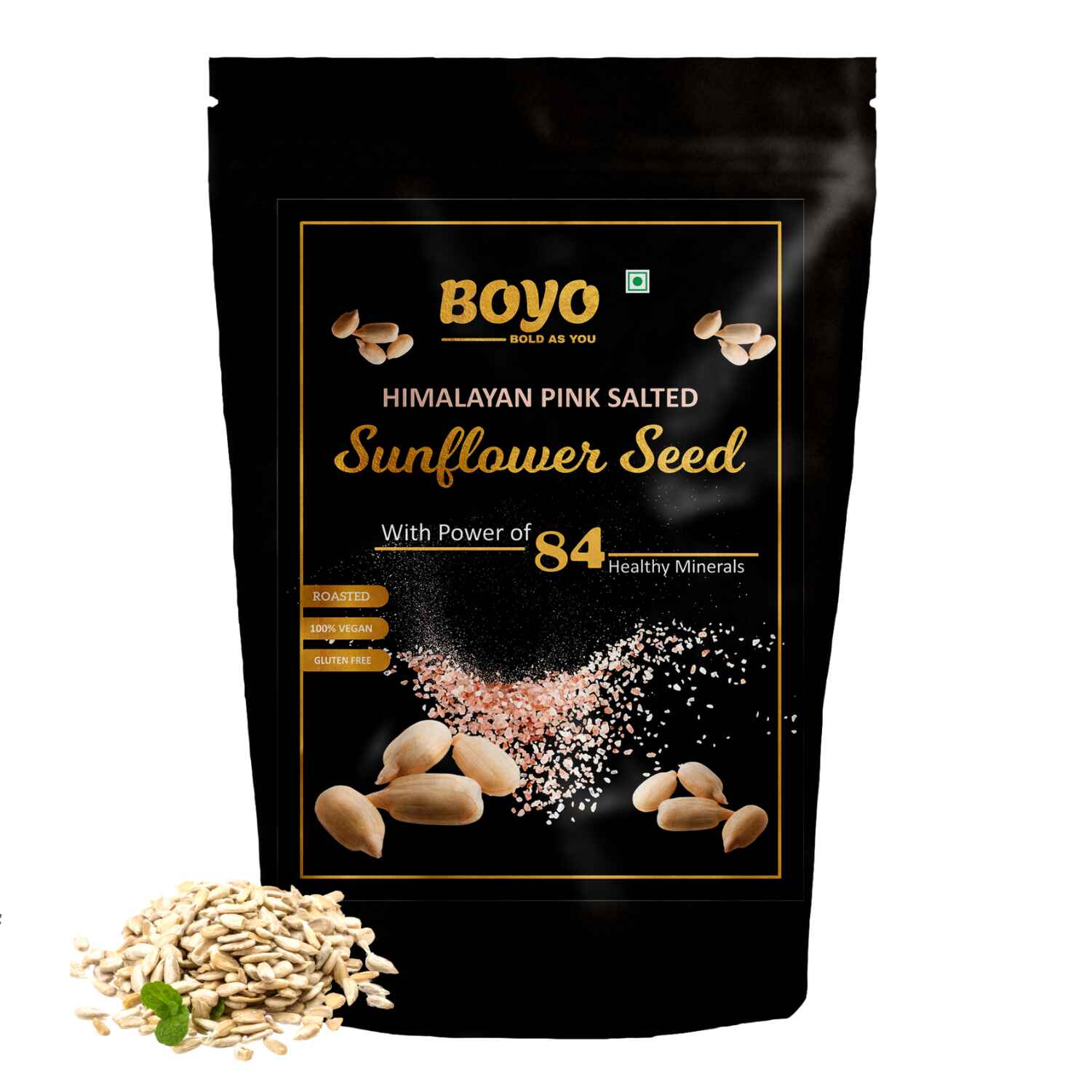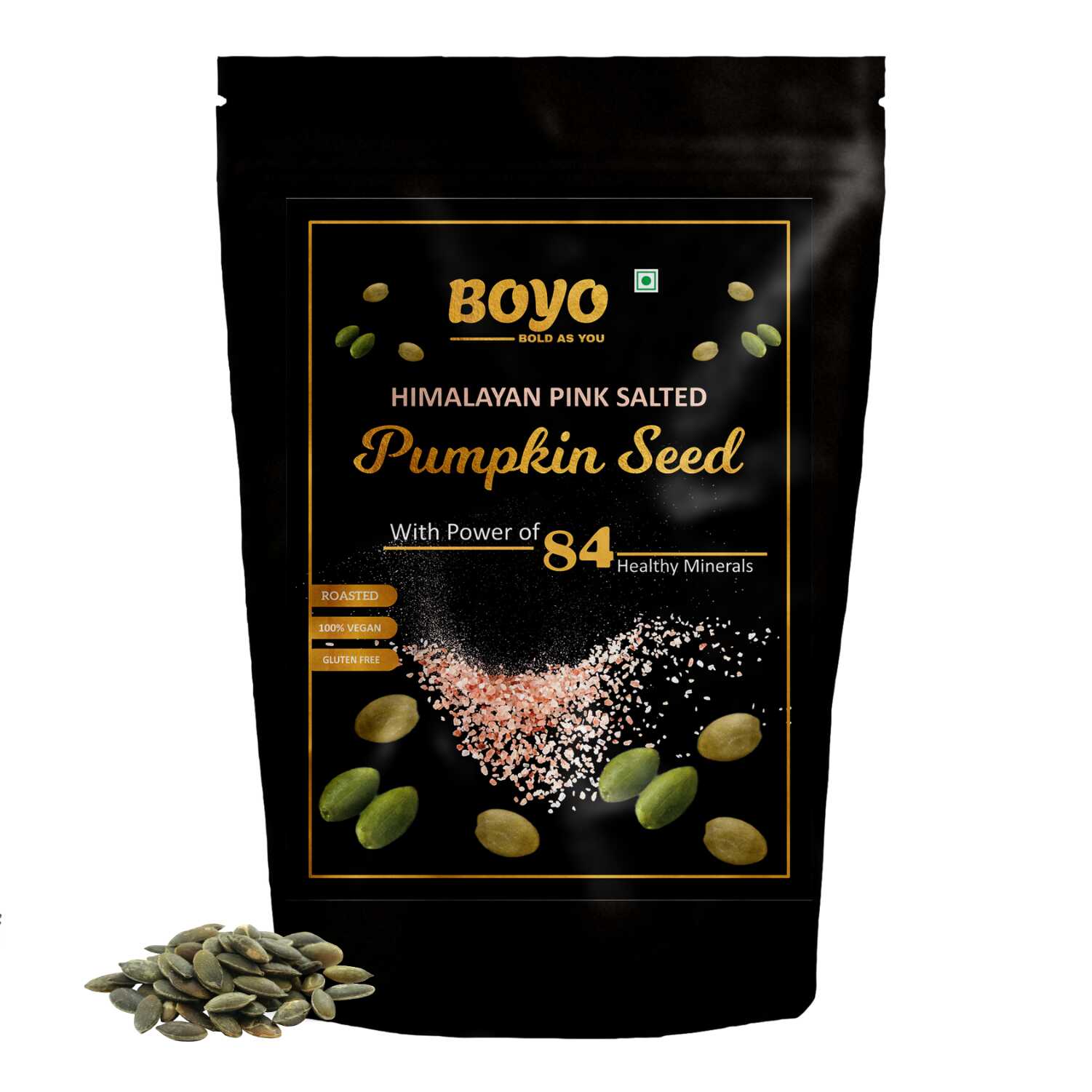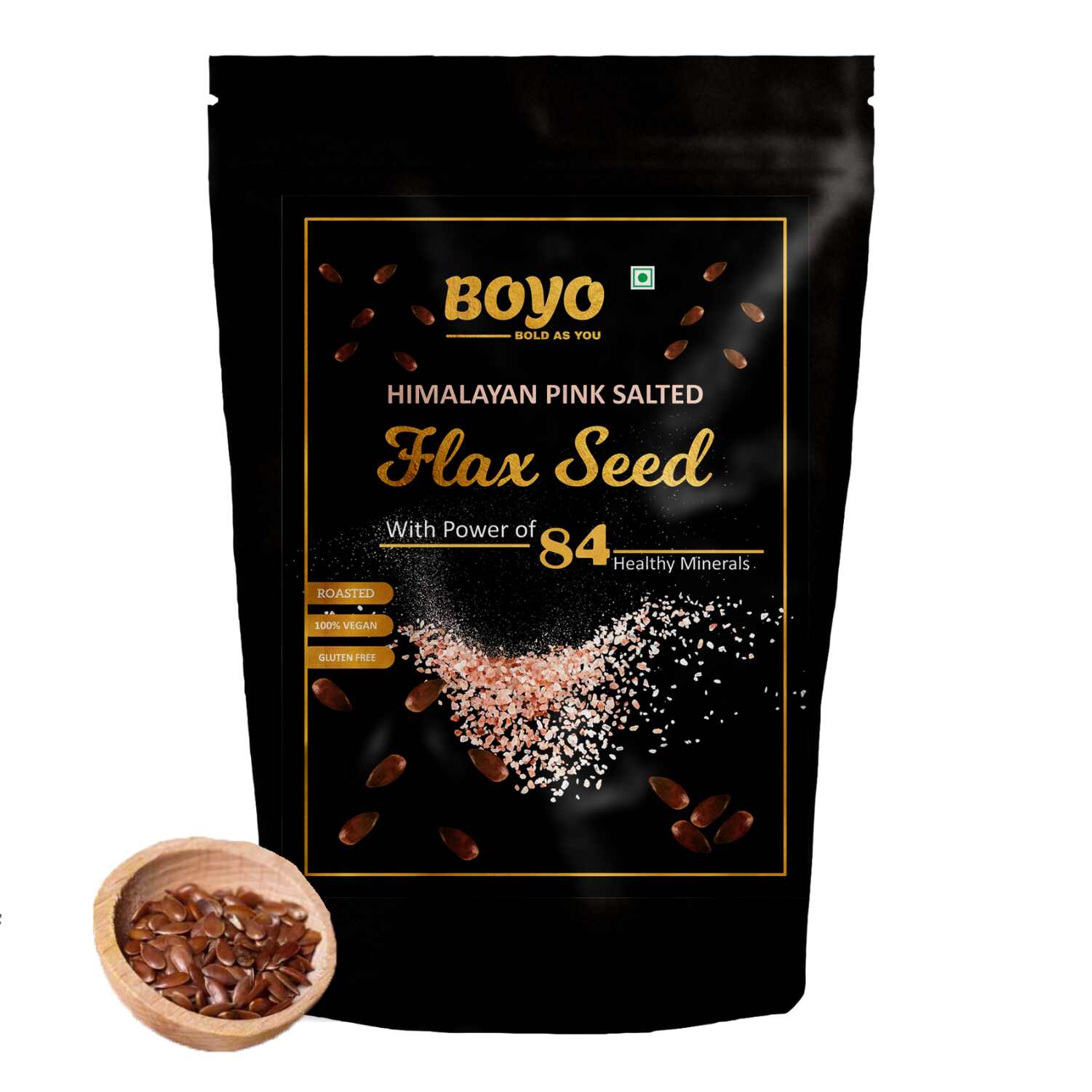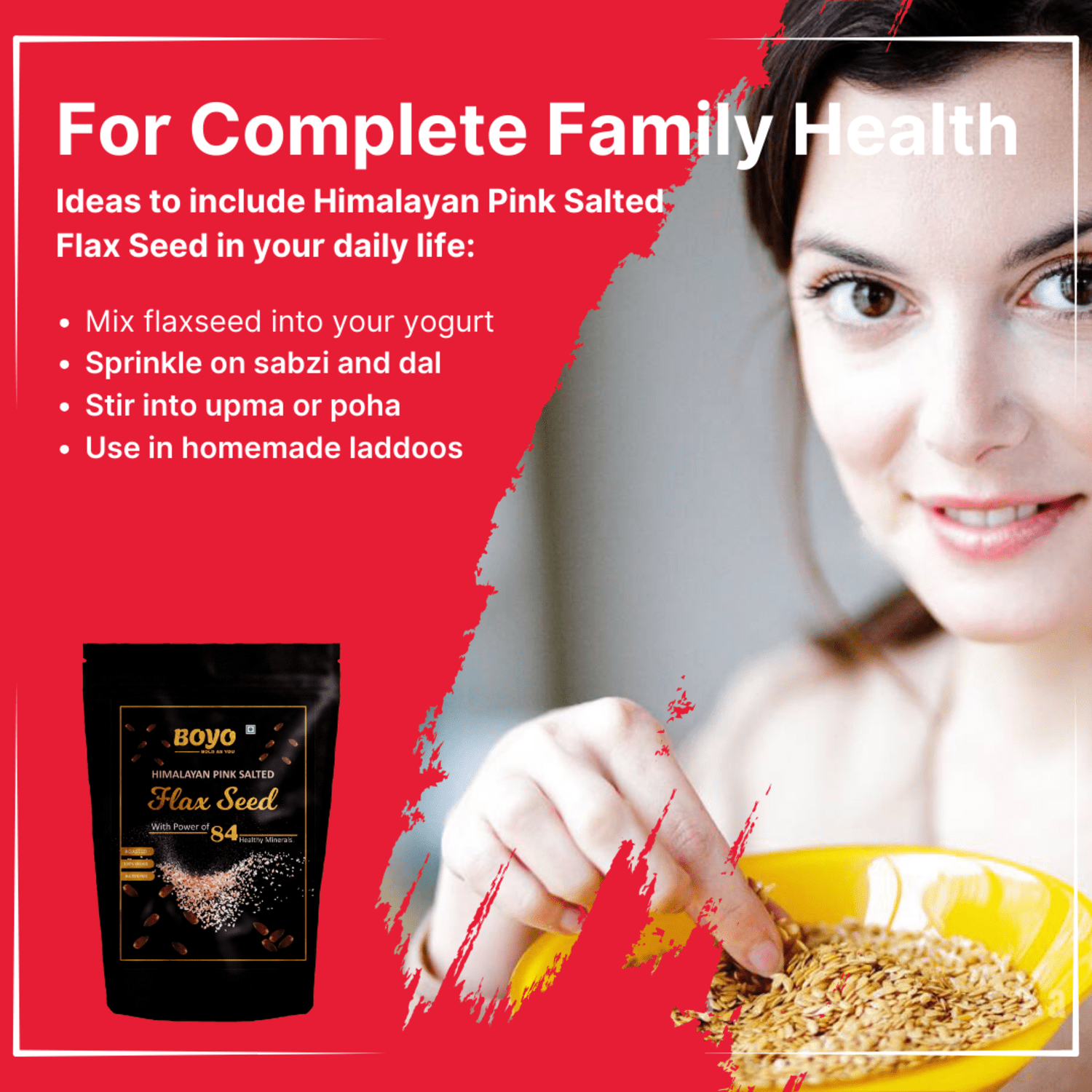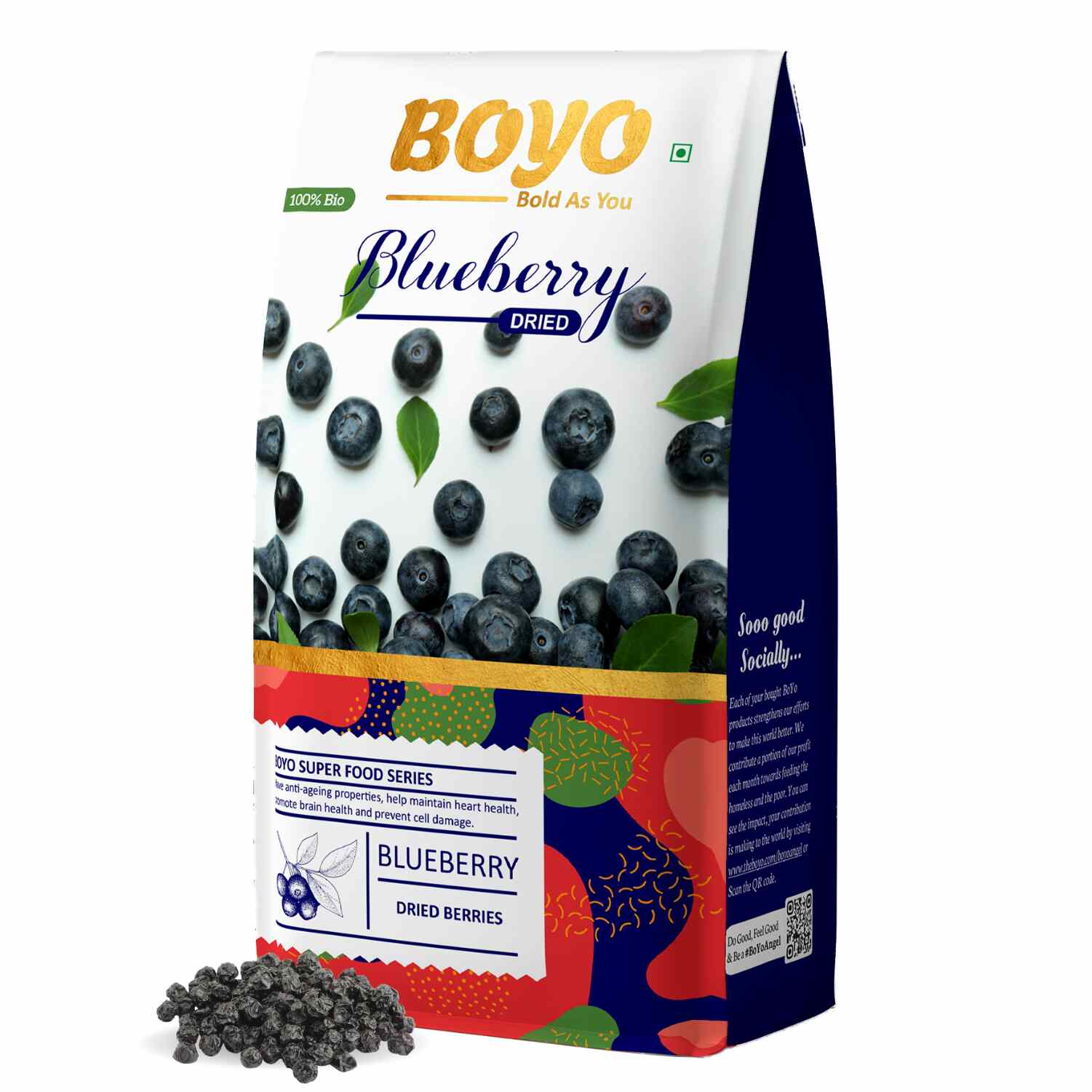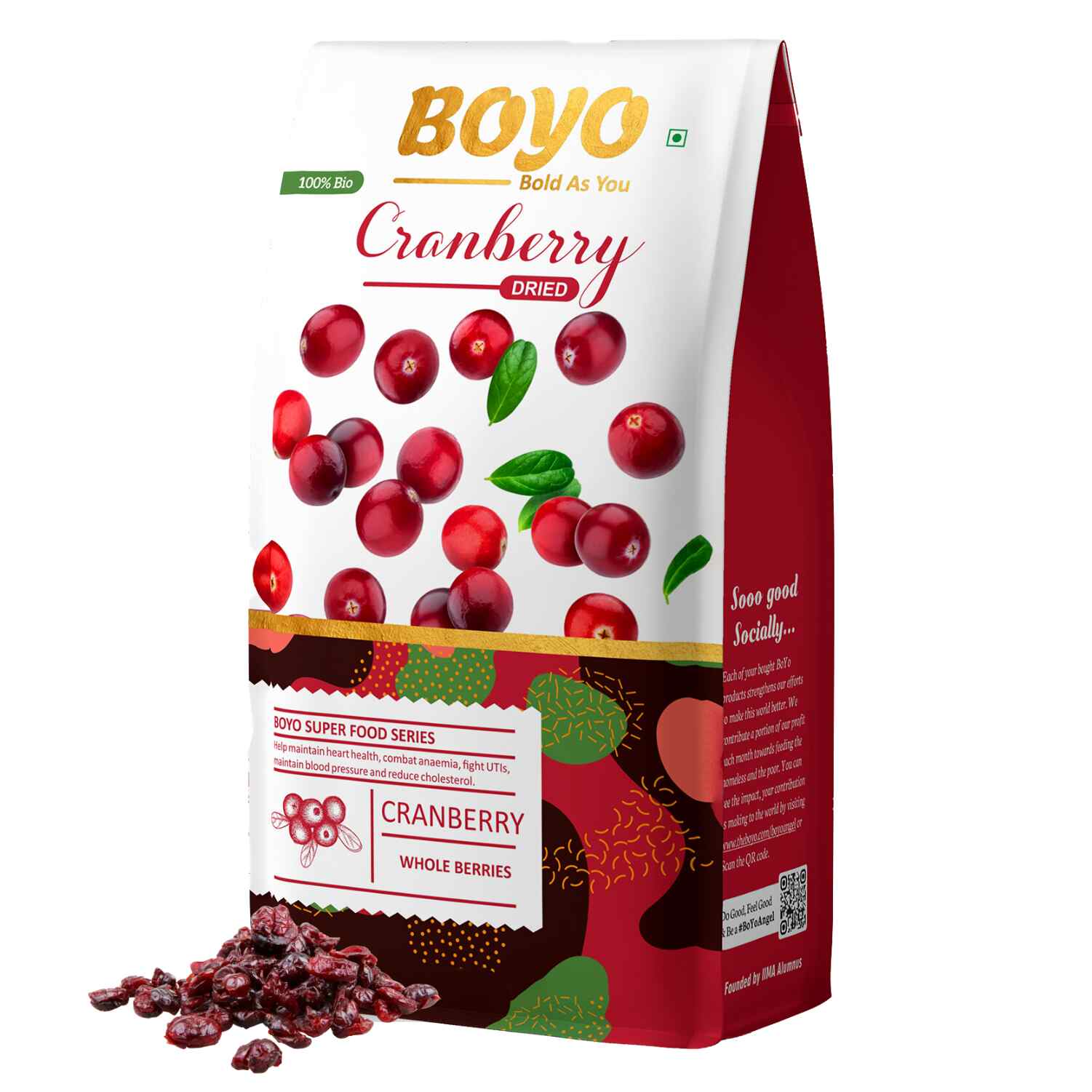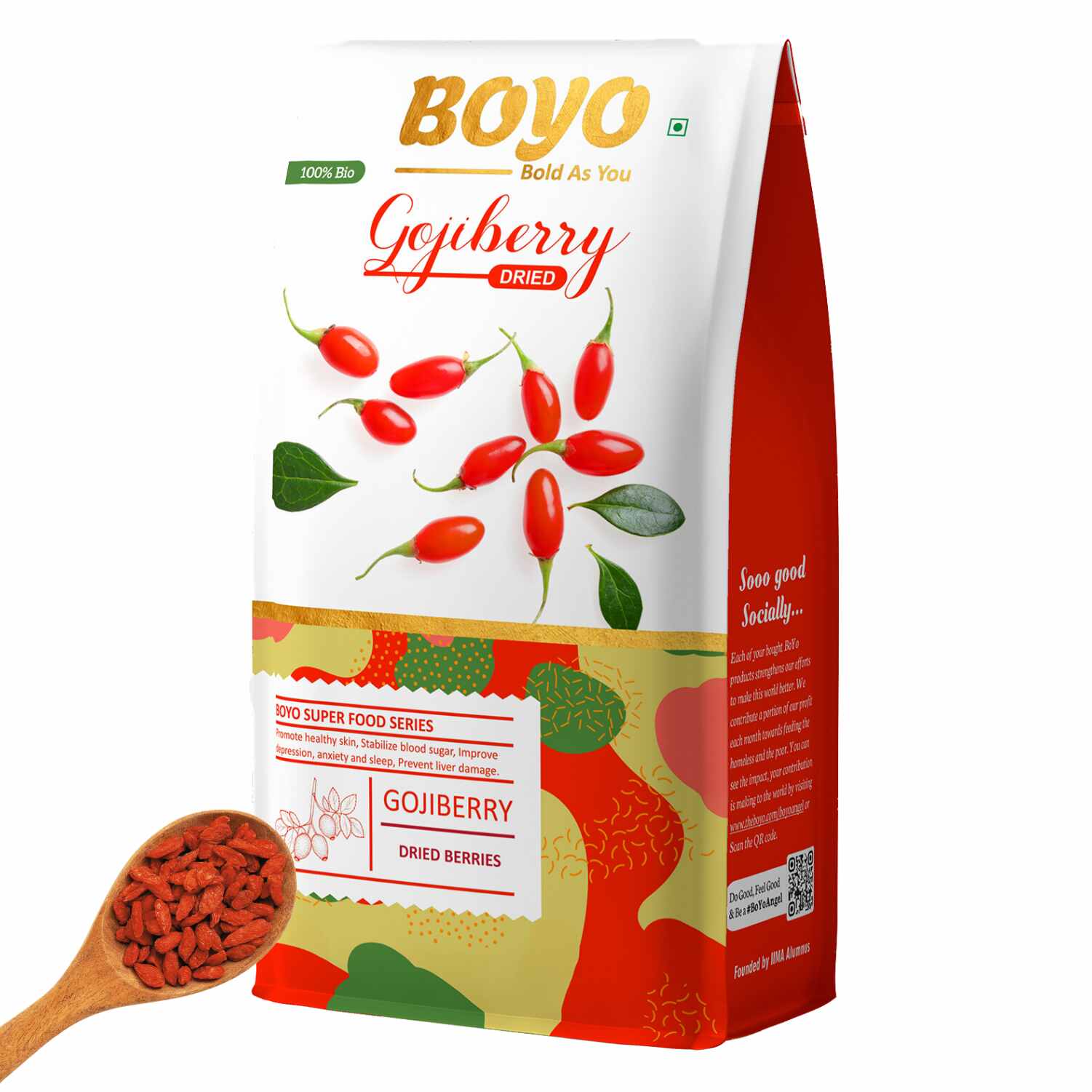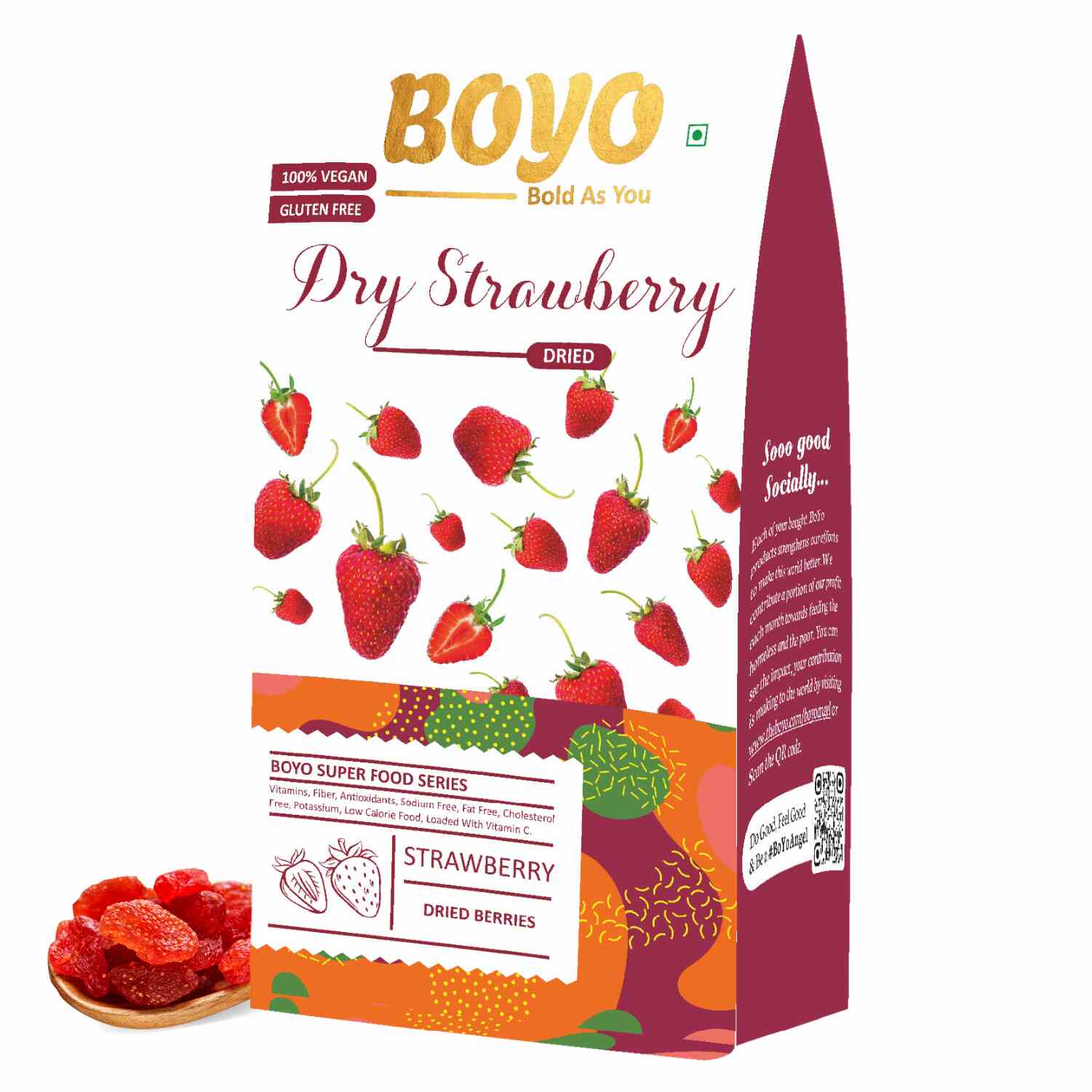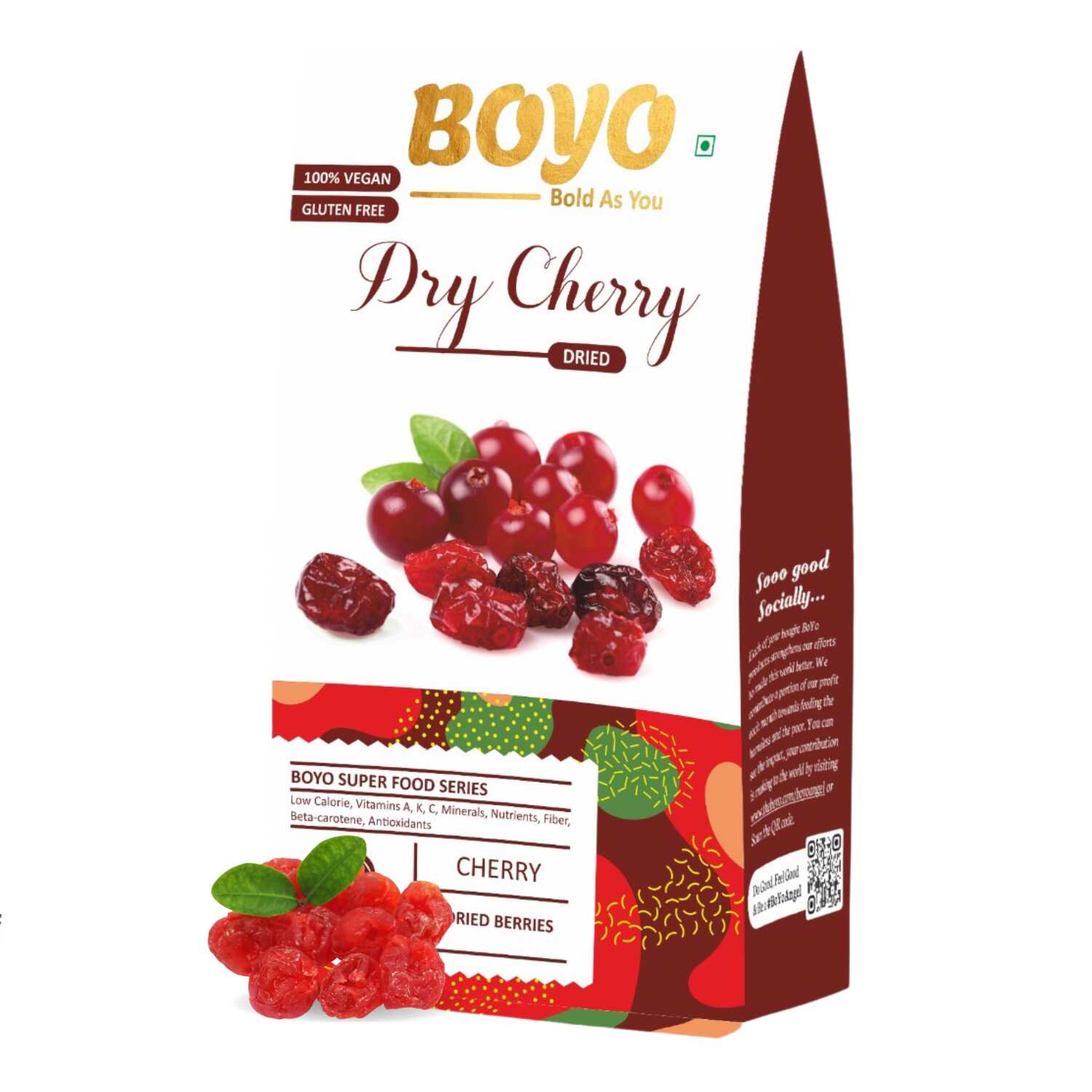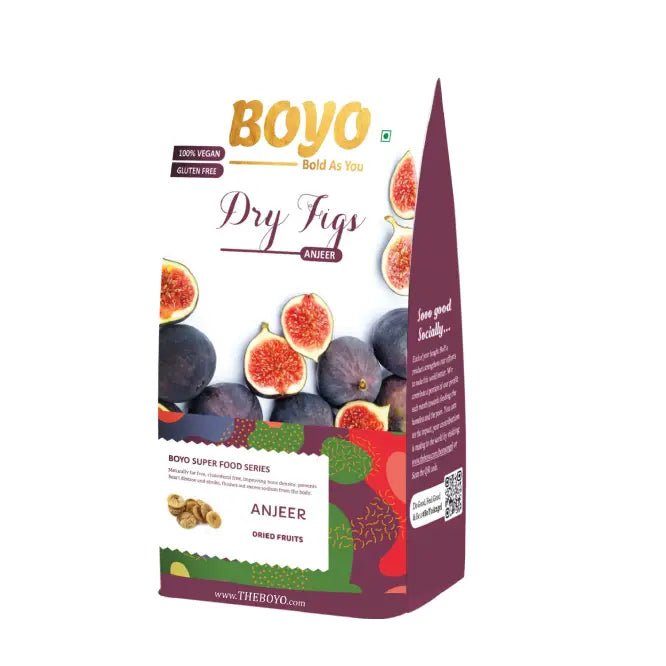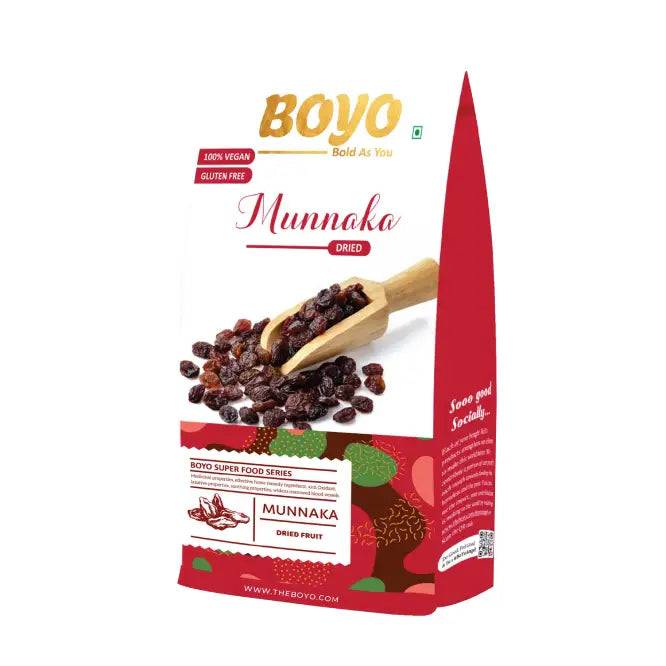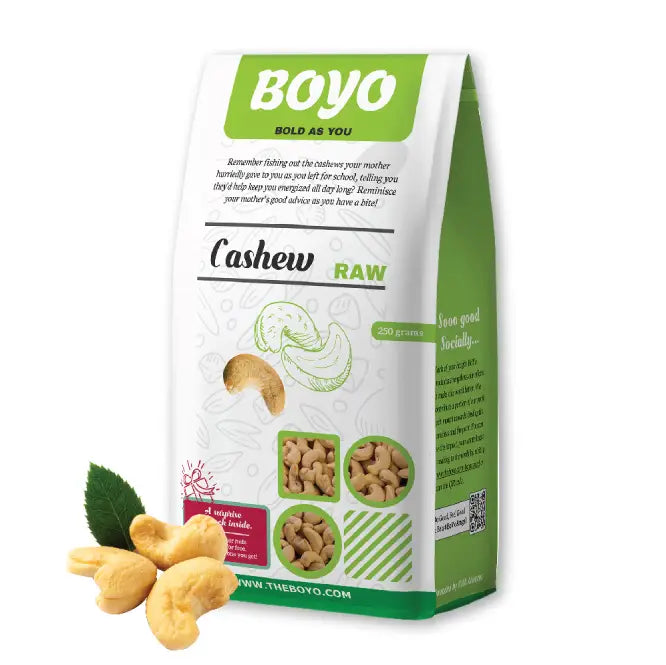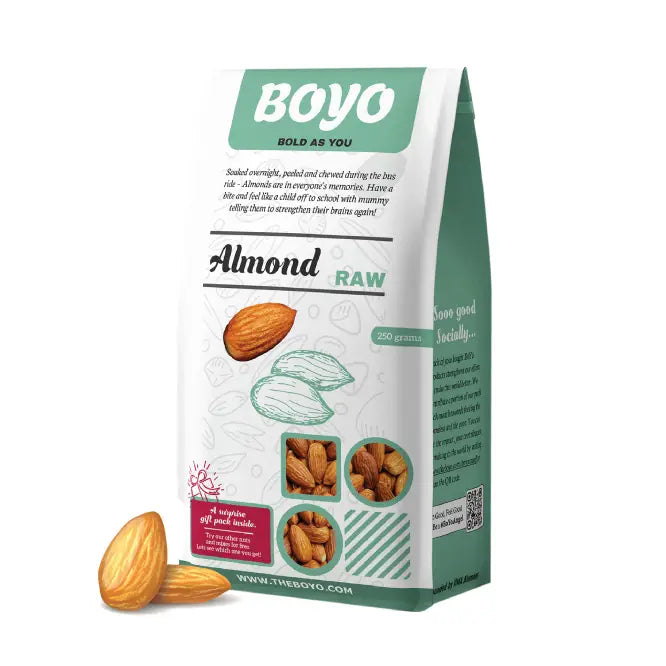
The Ultimate Guide to Using Basil Seeds for Weight Management

What is Basil Seed?
Basil seeds are small, black seeds derived from the sweet basil plant (Ocimum basilicum). Widely recognized as "Sabja seeds" in certain regions, they boast a gelatinous texture when soaked in water. While sweet basil leaves are a staple in culinary applications, basil seeds are gaining popularity for both their culinary and potential health benefits. Rich in fiber, vitamins, and minerals, these seeds are employed to add texture to beverages, desserts, and savory dishes. Commonly believed to aid digestion and induce a cooling effect on the body, scientific validation of these health claims requires further research
Benefits of Basil Seed
Basil seeds, derived from the sweet basil plant (Ocimum basilicum), are associated with several potential health benefits:
Rich in Fiber: Basil seeds are a good source of dietary fiber, which supports digestive health and helps prevent constipation.
Weight Management: The high fiber content in basil seeds may contribute to a feeling of fullness, aiding in weight management by reducing overeating.
Nutrient Boost: Basil seeds contain essential nutrients, including vitamins (such as A and K) and minerals (like iron and calcium), offering a nutritional boost.
Hydration Support: When soaked in water, basil seeds form a gel-like substance, promoting hydration and potentially alleviating dehydration.
Antioxidant Properties: Basil seeds contain antioxidants that can help combat oxidative stress and inflammation in the body.
Blood Sugar Regulation: Some studies suggest that basil seeds may contribute to better blood sugar control, benefiting individuals with diabetes.
Heart Health: The fiber, potassium, and magnesium in basil seeds may contribute to heart health by helping to regulate blood pressure and cholesterol levels.
Joint Health: Basil seeds contain anti-inflammatory compounds that may support joint health and alleviate symptoms of arthritis.
Cooling Effect: Traditionally believed to have a cooling effect, basil seeds are often consumed in beverages to provide relief during hot weather.
Skin Health: The antioxidants and nutrients in basil seeds may contribute to healthier skin by combating free radicals and supporting overall skin vitality.
Nutrition Value as Per 100gm
| Calories | 298.1Kcal |
| Total Fat | 4.1gm |
| Saturated Fat | 2.2gm |
| Monounsaturated Fat | 1.2gm |
| Polyunsaturated Fat | 0.5gm |
| Cholesterol | 0mg |
| Sodium | 4mg |
| Carbohydrate | 48gm |
| Dietary Fat | 27.7gm |
| Sugar | 2gm |
| Protein | 17.3gm |
Chia Vs Basil Seed
Origin:
- Chia Seeds: Derived from the Salvia hispanica plant, Guatemala and native to Mexico.
- Basil Seeds: Obtained from the sweet basil plant (Ocimum basilicum).
Appearance:
- Chia Seeds: Small, oval-shaped seeds with a mottled pattern, ranging in color from white to dark brown or black.
- Basil Seeds: Tiny, round, and black when dry, turning gelatinous and translucent when soaked in water.
Flavor and Aroma:
- Chia Seeds: Neutral flavor, often described as slightly nutty.
- Basil Seeds: Mild, with a subtle basil aroma.
Nutritional Content:
- Both seeds are nutrient-dense and rich in fiber, antioxidants, vitamins, and minerals.
Hydration and Texture:
- Chia Seeds: Form a gel-like consistency when soaked in water, providing a thick texture.
- Basil Seeds: Similar gel-like texture when soaked, expanding and becoming gelatinous.
Omega-3 Fatty Acids:
- Chia Seeds: Particularly known for being a rich source of omega-3 fatty acids.
- Basil Seeds: Contain omega-3 fatty acids but in lower amounts compared to chia seeds.
Culinary Uses:
- Chia Seeds: Versatile; commonly added to smoothies, yogurt, puddings, and baked goods.
- Basil Seeds: Often used in beverages, desserts, and Asian cuisine, adding texture and nutritional value.
Health Benefits:
- Both seeds are associated with potential health benefits, including digestive support, weight management, and antioxidant properties. However, scientific research on specific health claims is ongoing.
Cultural Uses:
- Chia Seeds: Historically used by the Aztecs and Mayans for energy and endurance.
- Basil Seeds: Commonly used in Ayurvedic and Southeast Asian traditional medicine.
How to use Basil Seed
Beverages:
- Basil Seed Drink: Soak basil seeds in water for about 15 minutes until they form a gel-like consistency. Add the soaked seeds to fruit juices, iced tea, lemonade, or other beverages for a refreshing and nutritious twist.
Smoothies:
- Incorporate soaked basil seeds into your smoothies for added texture and nutritional benefits. Blend them with fruits, yogurt, and other smoothie ingredients.
Desserts:
- Sprinkle dry basil seeds onto desserts like puddings, ice cream, or yogurt to enhance both texture and nutritional content.
Salads:
- Mix soaked basil seeds into fruit salads or green salads to add a unique texture and subtle basil flavor.
Yogurt Parfaits:
- Layer soaked basil seeds with yogurt and fruits to create a tasty and nutritious parfait.
Asian Desserts:
- In Asian cuisine, basil seeds are often used in desserts like falooda or bubble tea. Soak the seeds and add them to these desserts for a fun and flavorful experience.
Baking:
- Incorporate basil seeds into baked goods like muffins, bread, or energy bars for an extra nutritional boost.
Hydration Boost:
- Soak basil seeds in water and consume the mixture for a hydrating beverage. This is especially popular in regions with hot climates, as basil seeds are believed to have a cooling effect on the body.
Soup and Stew Thickener:
- Use basil seeds as a natural thickener for soups and stews. Add them towards the end of the cooking process, and they will absorb some liquid, providing thickness.
Chia Seed Substitute:
- If you don't have chia seeds on hand, you can use basil seeds as a substitute in recipes that call for chia seeds.
How to Help Basil Seed Weight loss
While basil seeds are often associated with potential weight loss benefits, it's essential to approach any weight loss strategy with a comprehensive and balanced lifestyle. Here are some ways in which basil seeds may contribute to weight loss:
-
High Fiber Content:
Basil seeds are rich in dietary fiber, which can promote a feeling of fullness. Consuming foods high in fiber may help control appetite and reduce overall calorie intake, potentially supporting weight loss.
-
Hydration and Appetite Control:
When soaked in water, basil seeds form a gel-like substance. Consuming this mixture before meals may contribute to increased hydration and a sense of fullness, reducing the likelihood of overeating.
-
Nutrient Density:
Basil seeds contain essential nutrients such as vitamins and minerals, offering nutritional value without adding excessive calories. Choosing nutrient-dense foods can be beneficial for overall health and weight management.
-
Substitute for Higher-Calorie Ingredients:
Basil seeds can be used as a substitute for higher-calorie ingredients in recipes. For example, you can incorporate them into desserts or snacks instead of ingredients with more calories.
-
Regulation of Blood Sugar Levels:
Some studies suggest that basil seeds may contribute to better blood sugar control. Stable blood sugar levels can be important for managing cravings and preventing overeating.
-
Incorporate into Healthy Recipes:
Add soaked basil seeds to your meals, snacks, or beverages as a healthy and low-calorie ingredient. Consider incorporating them into salads, smoothies, or yogurt for added texture and nutrition.
-
Balanced Diet and Exercise:
While basil seeds may offer potential benefits, they should be part of a balanced diet that includes a variety of nutrient-rich foods. Combine their consumption with regular physical activity for comprehensive weight management.
Remember that there is no magic solution for weight loss, and it's crucial to adopt a sustainable and holistic approach that includes healthy eating habits, regular exercise, and lifestyle adjustments. Basil seeds can be a nutritious addition to your diet, but they work best as part of an overall healthy lifestyle.
Conclusion
Basil seeds, derived from the sweet basil plant, offer a myriad of potential health benefits and culinary versatility. Rich in fiber, vitamins, and minerals, they support digestive health and weight management. The gel-like texture, formed when soaked, contributes to hydration and may alleviate dehydration. With antioxidant properties, basil seeds combat oxidative stress, promoting heart and joint health. When compared to chia seeds, basil seeds share similar benefits but with a distinct mild flavor. Culinary uses range from beverages to desserts, showcasing their adaptability. While they're associated with weight loss, incorporating basil seeds into a balanced lifestyle remains key, emphasizing the importance of a holistic approach to health.
FAQ
Q1. Can I drink Sabja seeds daily?
Yes, you can drink Sabja seeds daily. Consuming basil seeds, also known as Sabja seeds, is generally safe and is associated with potential health benefits, including hydration and digestive support. However, moderation is key, and if you have specific health concerns, it's advisable to consult with a healthcare professional.
Q2. Can pregnant women consume basil seeds?
Yes, pregnant women can generally consume basil seeds in moderation. However, it's advisable for pregnant individuals to consult with their healthcare provider before making significant changes to their diet.
Q3. Can basil seeds aid in weight loss?
Basil seeds are believed to aid in weight loss as they can expand in the stomach, promoting a feeling of fullness. However, they should be part of a balanced diet, and weight loss success involves various factors like overall calorie intake and exercise.
Q4. Can basil seeds be consumed raw?
Basil seeds are usually soaked in water before consumption, causing them to swell and develop a gelatinous coating. While consuming them raw is possible, soaking is a common practice to enhance their texture and make them more palatable.
Q5. How do you use basil seeds in cooking?
Basil seeds are versatile and can be used in various ways:
- Beverages: Make basil seed drinks by soaking them in water or other liquids.
- Desserts: Add soaked basil seeds to desserts like puddings or ice creams.
- Smoothies: Blend basil seeds into smoothies for added texture.
- Salads: Sprinkle soaked basil seeds on salads for a nutritious boost.
- Baking: Incorporate basil seeds into baked goods like muffins or breads.
